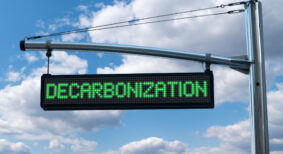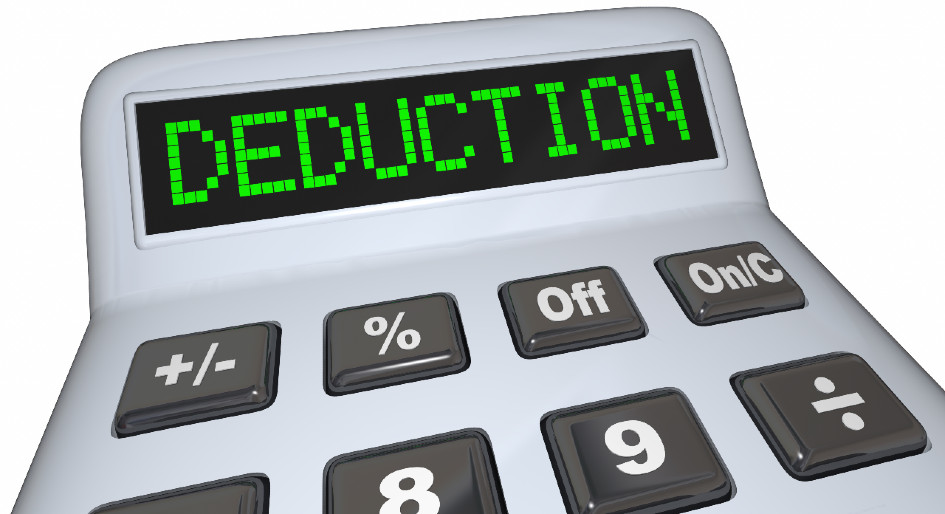Fossil-fuel-fired cogeneration systems are losing their status as clean energy equipment for the purpose of Canada’s accelerated capital cost allowance (CCA) tax incentive. While the newly released 2021 federal budget commits $142 million over five years to immediately expand the list of capital investments that qualify for the special tax measure, it also names various combined heat and power (CHP) applications that will be delisted after 2023.
“Reforming eligibility for this tax incentive will help reduce pollution and greenhouse gas emissions in Canada,” the budget document states.
Under current rules, 19 categories of property defined as “clean energy” or “energy conserving” are designated for accelerated CCA, allowing acquiring businesses to deduct either 30 or 50 per cent of its value, depending on its energy efficiency rating. An enhanced time-limited condition also gives businesses that purchase such items in the period between November 20, 2018 and December 31, 2023 the option of deducting the full value in the first year of ownership.
“Providing accelerated CCA is an exception to the general practice of setting CCA rates based on the useful life of assets. Accelerated CCA provides a financial benefit by deferring taxation,” the budget document notes. “In addition, certain intangible project start-up expenses (e.g. engineering and design work, and feasibility studies) are treated as Canadian Renewable and Conservation Expenses. These expenses can be deducted in full in the year incurred, carried forward indefinitely for use in future years, or transferred to investors using flow-through shares.”
Some of the qualifying equipment with applications in commercial buildings include: cogeneration systems; active solar heating equipment and ground-source heat pump systems; heat recovery equipment; photovoltaic electrical generation equipment; geothermal energy equipment; equipment related to district energy systems; electrical energy storage equipment; and electric vehicle charging equipment.
As of budget day, April 19, six new categories of equipment will be added to the list. However, only one is likely to be pertinent for building owners or facilities managers. That is: “active solar heating systems, ground source heat pump systems and geothermal energy systems that are used to heat water for a swimming pool”.
Similarly, with the exception of cogeneration systems, the equipment slated to lose eligibility for accelerated CCA after 2023 is predominantly found in industrial or public works operations. These include: combined gas and steam turbines; waste-fueled electricity generating systems with capacity to produce upwards of 3 megawatts of electricity; and waste-fuelled heat production equipment or gas generating equipment that relies on fossil fuels for more than 25 per cent of energy input.
Although cogeneration is credited for using heat that would otherwise be wasted, systems that rely on fossil fuels are now afoul of the federal government’s target to achieve net-zero energy emissions. Meanwhile, technologies not yet common when the tax incentive was first introduced have since emerged as alternatives.
“The eligibility criteria for these systems have not been modified since they were first set approximately 25 and 15 years ago,” the budget document advises.
Along with changes to the accelerated CCA incentive, the budget introduces new tax credits for the manufacturers of zero-emission technology, some of which is expected to become increasingly prevalent in commercial buildings.
Beginning in the 2022 tax year, these businesses will be eligible for a 50 per cent reduction in the general corporate tax rate and/or small business tax rate on income derived from qualifying manufacturing or processing activities until 2028, followed by a gradually decreasing phase-out of the benefit over the next three year tax years until the close of 2031. It’s projected the federal government will forego $45 million in tax revenue due to this measure over the next five years.
“These proposed tax rate reductions will enhance Canada’s competitiveness in attracting investment in zero-emission technology manufacturing, while also supporting existing businesses in the sector,” the budget document submits. “In addition, the government will undertake an analysis to ensure that Canada keeps pace with the U.S. and other jurisdictions in providing the appropriate tax structures and incentives to encourage clean economy businesses to invest, grow, and deploy solutions here in Canada.”
For now, 12 business activities are identified, including manufacture of solar, wind, hydroelectric and geothermal equipment, as well as equipment related to ground source heat pumps, electrical storage of renewable energy, and electric vehicle charging systems. Other emerging technologies may be added in the future.
Commercial building owners/managers are also potential stakeholders in another budget allocation related to electric vehicle charging stations. That will provide $56 million to Measurement Canada over the next five years to develop codes and standards for retail zero-emission vehicles (ZEV) charging and fueling stations.
“While charging ports are now available in more and more places — from shopping centres, to office buildings, to curbside parking — the measurement and pricing of the energy being sold is not always clear to drivers,” the budget document observes. “This measure would provide regulatory certainty to providers of charging services and facilitate the development of the charging network.”






